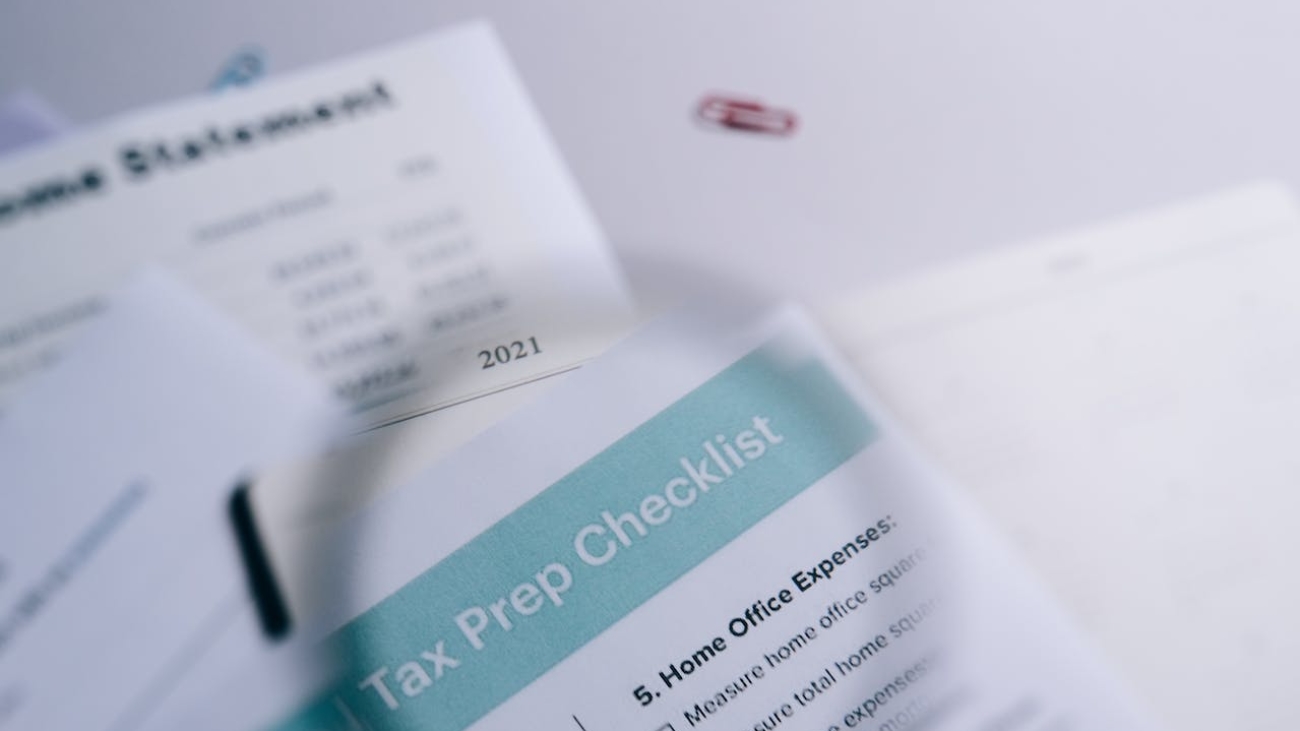HomeFinancial Insights
Table of Contents
Unfiled tax returns can be a source of stress and uncertainty. Whether due to oversight, life changes, or financial challenges, addressing this situation is crucial for financial stability and compliance. In this guide, we’ll walk you through the steps to tackle unfiled tax returns and regain control of your financial standing.
Understanding the Impact of Unfiled Tax Returns
1.1 The Consequences of Delay: Discover the potential repercussions of failing to file tax returns, including penalties, interest accrual, and legal implications.
1.2 Assessing Your Tax Situation: Evaluate the scope of unfiled returns, considering multiple years, different income sources, and applicable deductions.
Initiating the Filing Process
2.1 Gather Necessary Documents: Learn which documents are essential for filing, including W-2s, 1099s, and other income-related records.
2.2 Utilizing Tax Software or Professional Assistance: Explore the option of using tax software for straightforward cases or consider seeking professional help for more complex situations.
Addressing Multiple Years of Unfiled Returns
3.1 Prioritizing Years: Determine the order in which to address unfiled returns, focusing on the most recent or those with the highest potential impact.
3.2 IRS Communication: Understand the importance of open communication with the IRS, especially if you anticipate challenges meeting deadlines.
Minimizing Penalties and Interest
4.1 Penalty Abatement Requests: Explore the possibility of requesting penalty abatement, providing valid reasons for the delay in filing.
4.2 Setting Up a Payment Plan: Learn about IRS installment agreements to manage any outstanding tax liabilities without overwhelming financial strain.
Seeking Professional Guidance
5.1 Hiring a Tax Professional: Consider the advantages of hiring a tax professional to navigate complex tax situations, ensuring accuracy and compliance.
5.2 Exploring Tax Resolution Services: For individuals facing significant tax debt, explore the potential benefits of tax resolution services in negotiating with the IRS.
Establishing Healthy Financial Practices
6.1 Budgeting and Financial Planning: Implement sound financial practices to avoid future issues, including budgeting, record-keeping, and proactive tax planning.
6.2 Regularly Reviewing Tax Obligations: Commit to staying on top of your tax obligations, filing on time, and seeking professional advice for major life changes.
Addressing unfiled tax returns requires a strategic and proactive approach. By understanding the consequences, taking systematic steps to file returns, and seeking professional guidance when necessary, you can overcome this challenge and pave the way for financial stability and compliance.
*Note: This is a general guide, and individuals with specific tax situations should seek personalized advice from tax professionals.
Stay informed, stay compliant.
















